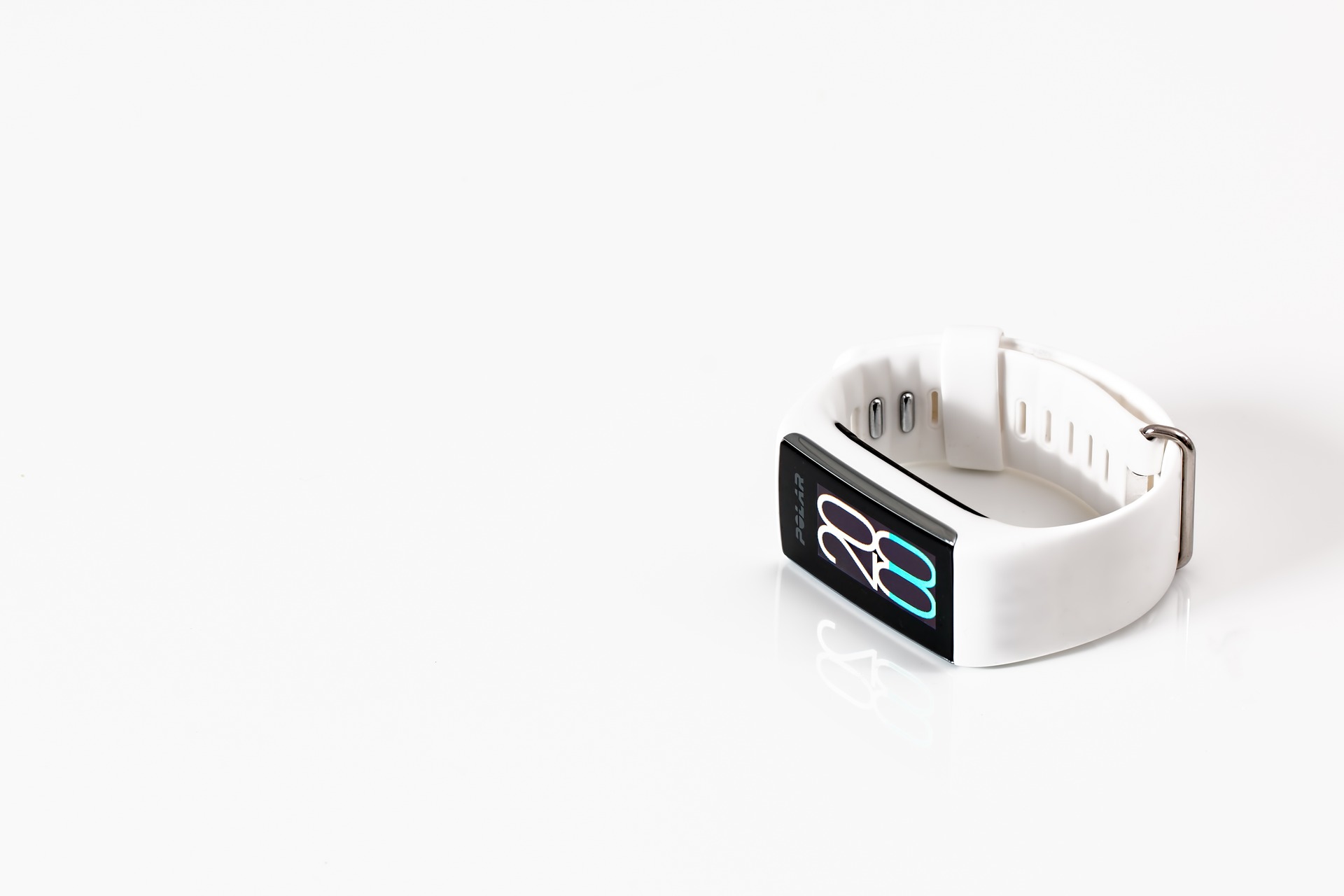This month, state employees have the opportunity to participate in a health and wellness challenge where the goal is to accumulate the most steps and physical activity. Here at the OPLIN office, for most of us participating, we make heavy use of our personal tracking devices, such as Fitbits or Garmins. In the midst of the pandemic, it helps to keep us active. For me, it’s also been a reminder of how heavily I’ve come to depend on my Fitbit to remind me to stay healthy. It also reminds me of how easy it is to forget that, despite the pandemic, other advances are still being made in consumer health tech.
- Google expands into health tracking using smartphone cameras to monitor heart, respiratory rates [Fierce Healthcare] “And while Google just closed a deal acquiring Fitbit, it says this new product doesn’t need a wearable. Instead, Google Health, the tech giant’s health and wellness division, has added new features to its Google Fit app that enables users to take their pulse just by using their smart phone’s camera.”
- The devices, software and health tech headlines of CES 2021 [Mobi Health News] “Launched in July, the iOS and Android smartphone app helps users track their seizures and other components of their condition. It includes a library of educational information, medication reminders, a rescue medication function and a feature that lets users print out a PDF report of their personal trends for use in the doctor’s office. The digital tool also works with users’ Apple Watches, and their Apple Health or Google Fit apps.”
- An app that measures pain could help people with dementia [CNN Business] “To give a voice to those who can’t report their suffering, such as people with dementia, PainChek, an Australian startup, has developed an app that uses facial analysis and artificial intelligence (AI) to assess and score pain levels. A carer records a short video of the subject’s face using a smartphone and answers questions about their behavior, movements and speech. The app’s AI recognizes facial muscle movements that are associated with pain and combines this with the carer’s observations to calculate an overall pain score.”
- Soon You’ll Be Able to Track Your Blood Glucose Levels in the Fitbit App [Gizmodo] “The addition is good news for those with diabetes, as well as anyone with a medical condition that might need to track their blood sugar. But to be clear, this isn’t a non-invasive alternative to pricking your finger with a glucometer. This is a software update that allows users to log or import their blood sugar levels, and then see how they relate to other health metrics like sleep, exercise, and food over time.”
From the Ohio Web Library:
- Sketchable Sensor (Hershberger, S. (2020). Sketchable Sensor. Scientific American, 323(5), 19.)
- Triple W Announces New Rental Program for DFree – First Health Tech Wearable Device for Incontinence. (riple W Announces New Rental Program for DFree – First Health Tech Wearable Device for Incontinence. (2019). ThomasNet News, N.PAG.)
- THE MEN’S HEALTH TECH AWARDS (The Men’s Health Tech Awards. (2020). Men’s Health, 35(10), 70–75.)


